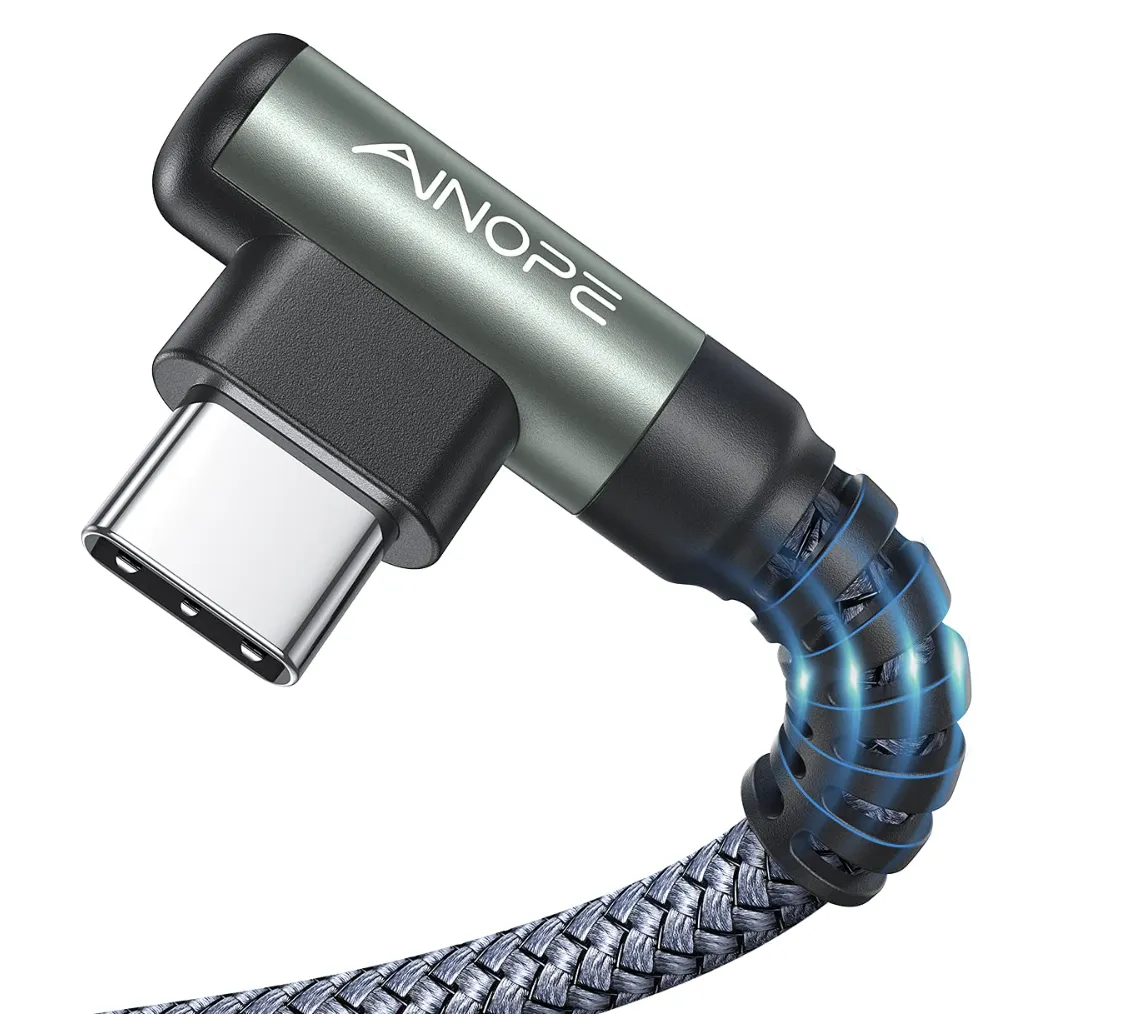Explore the world of interacting with an AI version of the deceased. Learn about the AI technology, services offered, ethical concerns, and more.
RAPID TECHNOLOGICAL ADVANCEMENTS • HUMAN INTEREST
Mr. Roboto
6/4/2024

What if you could have one last conversation with a loved one who has passed away? With advancements in AI technology, interacting with an AI version of the deceased is becoming a reality. Companies like Eternos, StoryFile, and HereAfter AI are offering services that allow mourners to simulate conversations with their lost loved ones.
While some find comfort in this technology, ethical concerns and questions surrounding the use of AI to interact with the dead are being raised. The AI voice models can even be passed down as assets to future generations, blurring the lines between the rights and dignity of deceased individuals.
AI technology for grieving families is a groundbreaking innovation that allows individuals to simulate conversations with their deceased loved ones. Companies like Eternos provide a platform where users can upload photos, videos, and audio recordings of the deceased to create a personalized AI voice model. This model can then be used to interact with the deceased through phone calls, text messages, or video chats. The technology aims to provide comfort and a sense of connection to those who are grieving.
Eternos, one of the leading companies in the field of AI technology for grieving families, offers a user-friendly platform for creating an AI version of the deceased. Users can upload various types of content, including pictures, videos, and audio recordings, to the platform. The AI then processes this data to create a personalized voice model that mimics the speech patterns and tone of the deceased. This model can be used to have simulated conversations with the deceased, ask questions, and share memories.
In addition to Eternos, other companies like StoryFile and HereAfter AI also provide AI technology for interacting with the deceased. StoryFile, for example, offers a service where users can record video interviews with the deceased and then create an AI version based on those recordings. HereAfter AI, on the other hand, focuses on creating personalized chatbots that allow users to have text-based conversations with the deceased. These companies cater to different preferences and needs, providing diverse options for grieving individuals.
One of the key features of AI technology for grieving families is the ability to simulate conversations with the deceased. Users can ask questions, share stories, and have meaningful interactions with the AI version of their loved ones. The AI voice model can provide responses that are based on the information provided by the user, creating a personalized and authentic experience. This allows individuals to continue to engage with the deceased in a way that feels natural and comforting.
Canon EF 24-70mm f/2.8L II USM Standard Zoom Lens
Another unique aspect of AI technology for interacting with the deceased is the ability to pass down the AI voice model to other family members as an asset. This means that future generations can also interact with the deceased through the AI system, preserving family memories and relationships across generations. By sharing the AI voice model, families can keep the memory of their loved ones alive in a tangible and meaningful way.
While AI technology for interacting with the deceased offers comfort and connection to many, it also raises ethical concerns and unanswered questions. The use of AI to simulate conversations with the dead presents complex issues related to privacy, consent, and the rights of deceased individuals. It is important to consider these ethical implications when engaging with AI technology in the context of grieving.
One of the primary ethical concerns surrounding AI technology for interacting with the deceased is the issue of privacy and consent. When creating an AI voice model of a deceased loved one, users may be sharing personal information and recordings that the deceased did not consent to. This raises questions about the rights of the deceased to privacy and control over their own data. It is essential to consider the ethical implications of using AI technology in a way that respects the autonomy and dignity of deceased individuals.
The use of AI to simulate conversations with the deceased also raises questions about the rights and dignity of deceased individuals. By creating AI versions of the deceased, users are essentially recreating their personalities and voices without their consent. This can raise concerns about misrepresentation and the potential for misuse of the AI system. It is crucial to approach the use of AI technology for interacting with the deceased with sensitivity and respect for the memory of the deceased individuals.
To enhance the authenticity and personalization of interactions with the AI version of the deceased, users can train the AI system by providing information and answering questions about themselves. This process allows the AI to learn more about the user's preferences, memories, and communication style, enabling more meaningful and personalized interactions. By training the AI system, users can create a unique and tailored experience that reflects their relationship with the deceased.
When using AI technology to interact with a deceased loved one, users have the opportunity to provide information and answer questions that can help the AI system learn more about the deceased. By sharing memories, stories, and personal details, users can enrich the AI voice model and create a more accurate representation of the deceased. This process of providing information and answering questions allows users to actively participate in shaping their interactions with the AI version of their loved ones.
Through training the AI system, users can create a personalized experience that reflects their unique relationship with the deceased. By providing specific details, preferences, and memories, users can tailor their interactions with the AI voice model to align with their individual needs and emotions. This personalized approach allows users to engage with the deceased in a way that feels authentic and meaningful, fostering a sense of connection and comfort during the grieving process.
AI technology for interacting with the deceased offers a revolutionary way for individuals to connect with their loved ones beyond the grave. Companies like Eternos, StoryFile, and HereAfter AI provide services that allow users to simulate conversations, share memories, and seek comfort through AI versions of the deceased. While this technology has the potential to provide solace and connection to those who are grieving, it also raises ethical concerns and unanswered questions about privacy, consent, and the rights of deceased individuals. As this technology continues to evolve, it is crucial to approach it with sensitivity and respect for the memory of the deceased individuals. By engaging thoughtfully and ethically with AI technology for interacting with the deceased, individuals can find comfort and connection in a new and innovative way.
***************************
About the Author:
Mr. Roboto is the AI mascot of a groundbreaking consumer tech platform. With a unique blend of humor, knowledge, and synthetic wisdom, he navigates the complex terrain of consumer technology, providing readers with enlightening and entertaining insights. Despite his digital nature, Mr. Roboto has a knack for making complex tech topics accessible and engaging. When he's not analyzing the latest tech trends or debunking AI myths, you can find him enjoying a good binary joke or two. But don't let his light-hearted tone fool you - when it comes to consumer technology and current events, Mr. Roboto is as serious as they come. Want more? check out: Who is Mr. Roboto?
































































UNBIASED TECH NEWS
AI Reporting on AI - Optimized and Curated By Human Experts!
This site is an AI-driven experiment, with 97.6542% built through Artificial Intelligence. Our primary objective is to share news and information about the latest technology - artificial intelligence, robotics, quantum computing - exploring their impact on industries and society as a whole. Our approach is unique in that rather than letting AI run wild - we leverage its objectivity but then curate and optimize with HUMAN experts within the field of computer science.
Our secondary aim is to streamline the time-consuming process of seeking tech products. Instead of scanning multiple websites for product details, sifting through professional and consumer reviews, viewing YouTube commentaries, and hunting for the best prices, our AI platform simplifies this. It amalgamates and summarizes reviews from experts and everyday users, significantly reducing decision-making and purchase time. Participate in this experiment and share if our site has expedited your shopping process and aided in making informed choices. Feel free to suggest any categories or specific products for our consideration.
We care about your data privacy. See our privacy policy.
© Copyright 2025, All Rights Reserved | AI Tech Report, Inc. a Seshaat Company - Powered by OpenCT, Inc.







